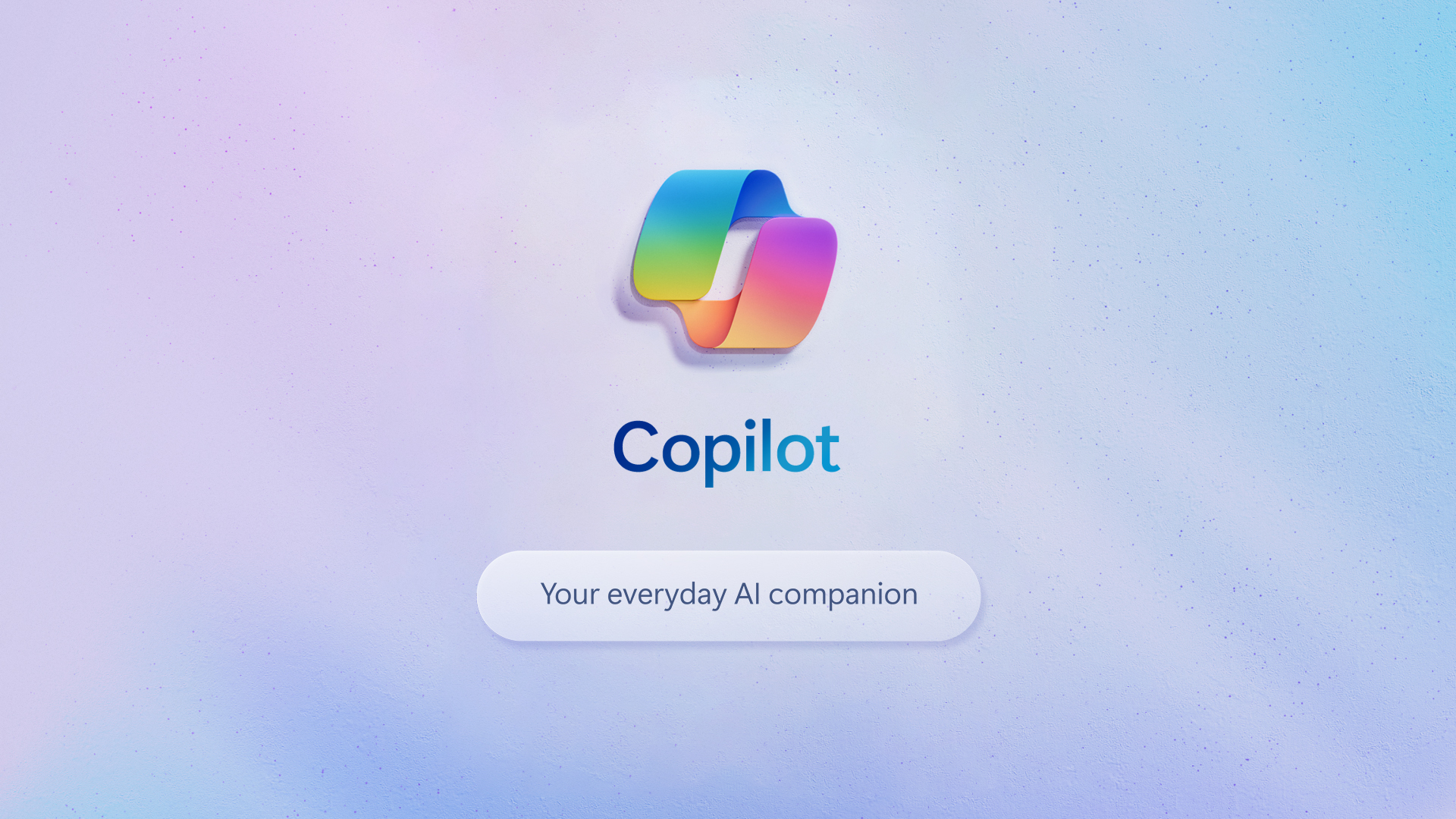 AI
AI
 AI
AI
 AI
AI
Microsoft Corp. today introduced a new Copilot Mode in its Edge browser, aiming to redefine how users interact with the web by turning Edge into a task-oriented, agentic artificial intelligence assistant.
The new Edge Copilot feature, launching in preview today, combines search, chat and browser navigation into a single experience, in what Microsoft describes as “our next step towards building a more powerful way to pilot the web.”
Copilot Mode replaces the traditional new tab interface with a clean input field where users can type or speak prompts to perform tasks, navigate sites, compare content or summarize open tabs. Notably, Copilot can also open tabs to provide context-aware assistance that goes beyond basic search. The assistant can, for example, compare hotel options across tabs, manage daily tasks or potentially make bookings, all from natural language input.
Microsoft is pitching the product as a move from reactive AI toward proactive assistance, allowing the browser to anticipate user needs and complete tasks on their behalf. “It doesn’t just wait idly for you to click but anticipates what you might want to do next,” Sean Lyndersay, partner general manager of Microsoft Edge, wrote in a blog post. “It doesn’t just give you endless tabs to sift through but works with you as a collaborator that makes sense of it all.”
Along with summarizing and navigating content, Copilot Mode also introduces in-pane assistance, allowing users to perform common tasks like unit conversions, translations and quick lookups without switching tabs or disrupting their browsing flow. Microsoft is also enabling voice commands for hands-free control, with users able to ask Copilot to find information, switch between tasks, or gather data across multiple sources.
Microsoft says that Copilot Mode is fully optional and privacy-first, with clear consent prompts and visual indicators when AI is active. However, the deeper integration into browsing history and personal credentials could raise questions around data security and user trust.
The rollout of Copilot Mode comes as Microsoft attempts to differentiate Edge in a browser market dominated by Google Chrome. It also positions the browser competitively against Google’s AI Overviews and emerging AI-first browsers like Perplexity AI Inc.’s Comet.
Perhaps more notably, though — particularly given Microsoft’s relationship with OpenAI — the Copilot integration offers something that ChatGPT still doesn’t: agentic AI within a desktop browser. OpenAI did launch ChatGPT Agent on July 17, but the company’s agentic offering is not available to all and works on a virtual computer versus a user’s desktop.
And as a point of differentiation, ChatGPT still can’t see what a user has open in real time on their Windows desktop. That adds a layer of friction to the user experience compared to Edge Copilot’s native browser visibility, all likely powered underneath by ChatGPT technology.
The new Copilot Mode in Edge is available for all Edge users on Windows and Mac and is free during its experimental phase. Voice control, tab summaries, content comparisons and in-pane task assistance are already live, with more advanced “task journey” features coming in future updates.
Support our mission to keep content open and free by engaging with theCUBE community. Join theCUBE’s Alumni Trust Network, where technology leaders connect, share intelligence and create opportunities.
Founded by tech visionaries John Furrier and Dave Vellante, SiliconANGLE Media has built a dynamic ecosystem of industry-leading digital media brands that reach 15+ million elite tech professionals. Our new proprietary theCUBE AI Video Cloud is breaking ground in audience interaction, leveraging theCUBEai.com neural network to help technology companies make data-driven decisions and stay at the forefront of industry conversations.